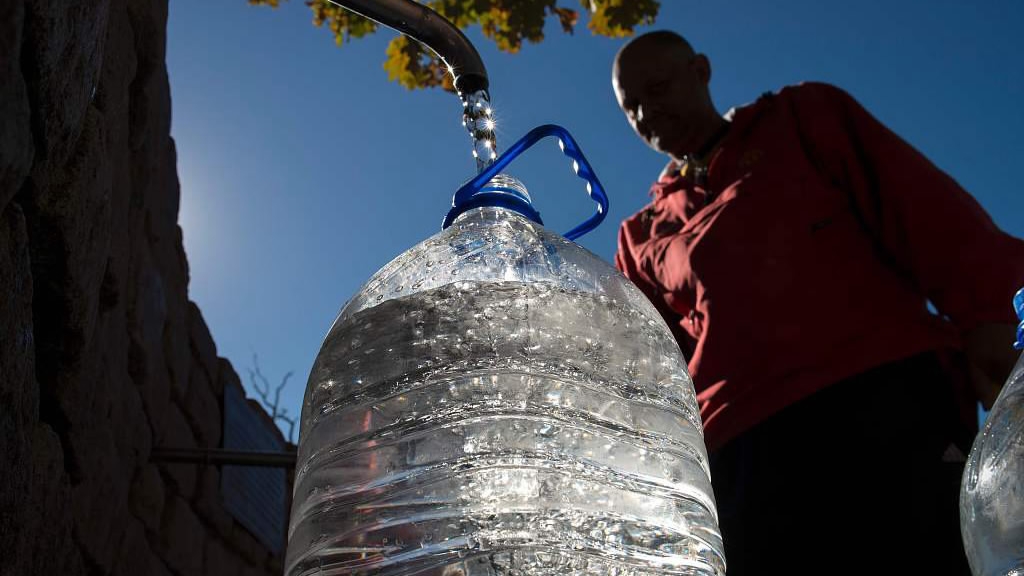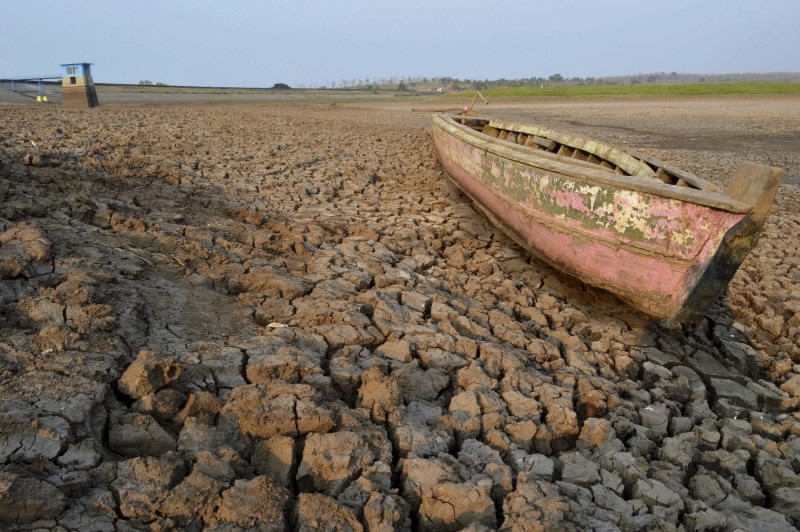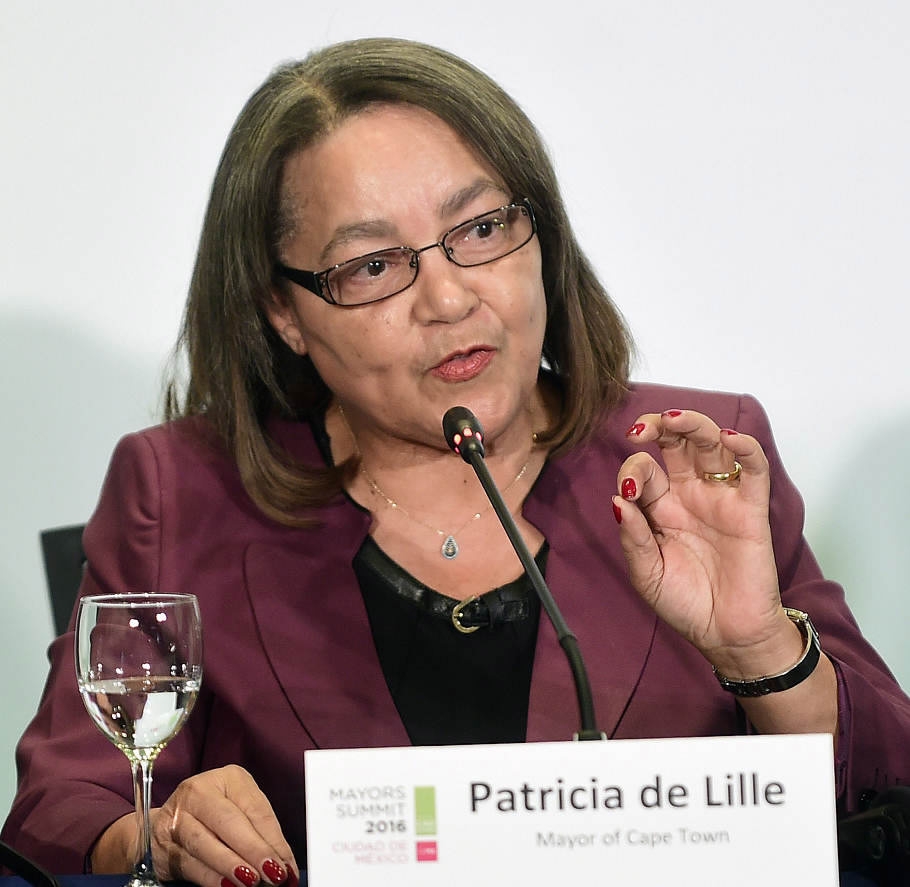
Tech & Sci
09:31, 02-Jan-2018
Stricter water restrictions go into effect in Cape Town

Due to predictions that the city might be the first major metropolis in the world to run out of water, the city of Cape Town began to implement stricter water restrictions on Monday.
"Level 6 water restrictions are in effect from January 1, 2018," the city said in a notice as the worst drought in history hit the city.
Under Level 6 water restrictions, agricultural users and commercial properties need to reduce usage by 60 percent and 45 percent respectively, compared with the corresponding pre-drought period in 2015.
The new measures discourage borehole water use for outdoor purposes in order to preserve groundwater resources and prohibit the hosing down of paved surfaces with municipal drinking water.
Irrigation or watering with municipal drinking water, use of portable play pools and washing of vehicles, trailers, caravans or boats with municipal drinking water are also banned.

Cape Town began to implement stricter water restrictions on Monday. /Reuters Photo
Cape Town began to implement stricter water restrictions on Monday. /Reuters Photo
According to the new restrictions, private swimming pools may not be topped up or filled with municipal drinking water.
Residential units using more than 10,500 liters per month will be fined or have water management devices installed on their properties, the city said.
Fines are expected to be in the region of 5,000 rand (about 403 US dollars) to 10,000 rand (about 806 US dollars).
"Use no more than 87 liters of municipal drinking water per person per day whether you are at home, work or elsewhere," said the city.
The city imposes the restrictions due to insufficient rainfall and fast declining dam levels.
It's predicted that Day Zero would come in March when dams supplying water to the city would run dry, the city's taps would be switched off and water would have to be collected from designated points.
Stricter water restrictions are promoted as being necessary in order to avoid Day Zero, the city said.
"We need to work together to change the way we use our water," the city said.
As the new measures took effect, some parts of the city were already experiencing water outages.
A recent New York Times article suggested the possibility that Cape Town might be the first major city in the world to run out of water.
The city currently is busy building a desalination plant and working hard to drill for ground water to make up for the water shortage. The plant is expected to be operational as early as February.
Cape Town Mayor Patricia de Lille has warned that the city would run out of water around March 2018 as the worst water crisis showed no sign of abating.

Patricia de Lille, mayor of Cape Town /VCG Photo
Patricia de Lille, mayor of Cape Town /VCG Photo
But the mayor assured residents that the city would try every means possible to prevent that from happening.
As the second-most populous urban area in South Africa after Johannesburg, Cape Town is the capital of the Western Cape Province and the seat of South Africa's Parliament, with a population of nearly four million.
In 2014, the city was named the best place in the world to visit by both the American New York Times and the British Daily Telegraph.
12970km
Source(s): Xinhua News Agency

SITEMAP
Copyright © 2018 CGTN. Beijing ICP prepared NO.16065310-3
Copyright © 2018 CGTN. Beijing ICP prepared NO.16065310-3